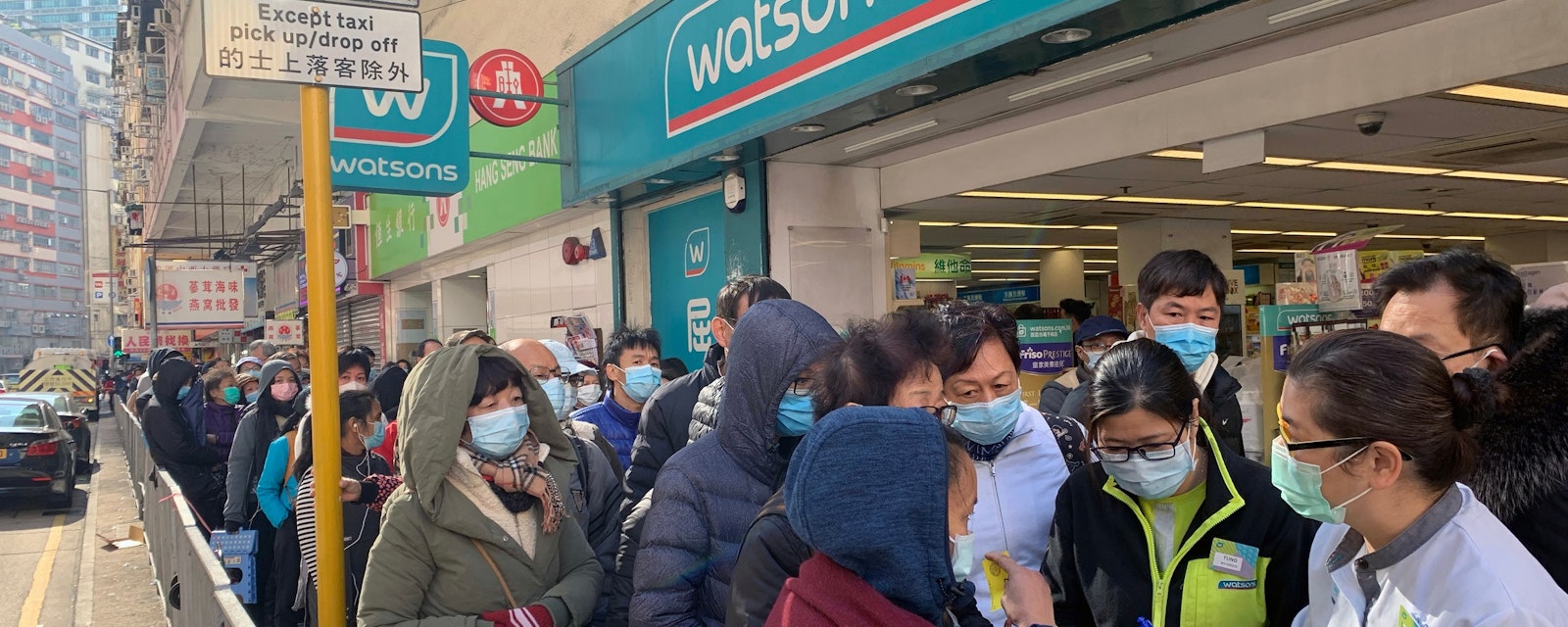Virus Continues to Spread in China Despite Efforts
As China continues to struggle to contain the spread of novel coronavirus (COVID-19), the United States and most Western European countries have taken aggressive approaches to responding to the virus, limiting the exposure of their populaces to the disease and slowing the potential for a pandemic. As of 10am ET on 14 February, the case count is approximately 65,000, with more than 1,300 deaths. The virus’s mortality rate is between 2 and 2.7 percent, nearly double that of the flu. 28 countries have reported cases.
Implications for Businesses Operating in China
Companies with substantial operations in China should continue to follow the Chinese Government’s instructions regarding office closure and procedures. Individuals living in China are encouraged to avoid public places, including shopping areas, public transportation, entertainment venues and workplaces. Providing ongoing education and awareness to personnel is critical to ensuring their safety and well-being, and appointing an individual responsible for sending up regular, verified information updates is a helpful way to control the spread of misinformation.
At this time, adequate precautions and vigilance by individual employees limits the potential for exposure. At a minimum, companies should institute work-from-home policies that allow their operations to continue and maintain contact with individual workers. US-flagged airline carriers have largely suspended flights to China, and all nonessential travel to the region should be postponed. Individuals who have returned from China recently or potentially been exposed to the virus should confine themselves to their homes for at least 14 days, limiting contact with others. Companies should make preparations for third-country national employees and family members to depart China for their home countries. In the event that individuals do depart China, they will be quarantined for 14 days in the country of repatriation.
Implications for Businesses in the US
Although there is currently limited potential for a widespread COVID-19 outbreak in the US, preparing response plans in advance of an outbreak will enable companies to respond flexibly to varying levels of severity and be prepared to refine their business response plans as needed.
If a company has concerns regarding possible exposure by an employee to COVID-19, they should immediately notify their local health department and work with them to identify appropriate medical care. Local health officials will be best place to identify hospitals and other stakeholders best positioned to respond.
Employers should also ensure that they are proactively and appropriately communicating health precautions to their workforce and should encourage employees to remain cognizant of their own health and hygiene and take adequate precautions. In the event of uncertainty, employers should work with their local health departments to understand the risks their employees may face.
Planning Considerations
All employers need to consider how best to decrease the spread of acute respiratory illness and lower the impact of COVID-19 in their workplace in the event of an outbreak in the US. Key considerations include: (a) reducing transmission among staff, (b) protecting people who are at higher risk for adverse health complications, (c) maintaining business operations, and (d) minimizing adverse effects on their supply chains.
Companies can prepare for employee absences due to illness in employees and their family members, dismissals of early childhood programs and K-12 schools due to high levels of absenteeism or illness:
- Develop plans to continue essential business functions in case of higher than usual absenteeism.
- Cross-train personnel to perform essential functions to enable workplace operations Assess essential functions and the reliance that others and the community have on services or products
- Be prepared to change business practices if needed to maintain critical operations (e.g., identify alternative suppliers, prioritize customers, or temporarily suspend some operations if needed).
General Health Recommendations
Teneo Risk encourages individuals to remain vigilant, monitor public health information and exercise good judgement regarding novel coronavirus. Virus symptoms generally resemble those of a serious cold—including congestion, sneezing, coughing, sore throat and fever—with complications related to the disease so far predominantly affect elderly individuals and those with preexisting conditions.
Teneo Risk encourages individuals to monitor their health and seek medical attention if conditions warrant it.
- Regular handwashing is preferable, or use of liquid hand sanitizers as a backup
- Keep at least 6 feet distance from someone who is coughing or sneezing
- Work from home for a minimum of 14 days following any potential exposure to COVID-19
- Stay home if a medical care provider suggests it
- Report any contact with a person thought to have COVID-19 to the local health department as soon as possible
For additional insights or information, please contact TeneoRIskAdvisory@teneo.com





